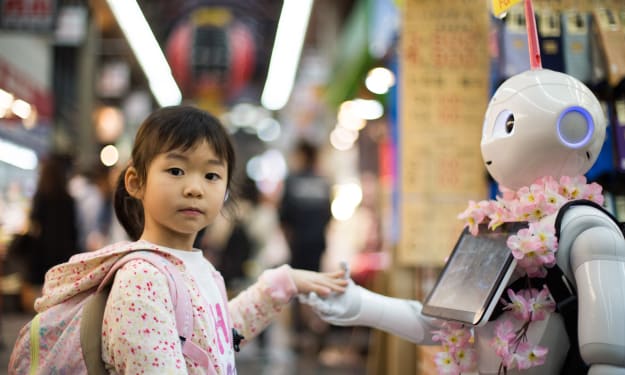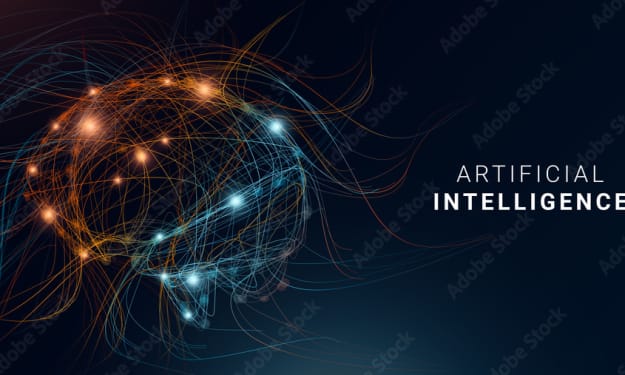The History of AI
From Ancient Mythology to Modern Day

Artificial Intelligence (AI) is a rapidly advancing field that has already made a significant impact on our lives. But where did this technology come from, and how did it evolve over time? In this article, we will explore the history of AI, from ancient mythology to modern-day advancements.
The concept of AI can be traced back to ancient mythology. In Greek mythology, the god Hephaestus created mechanical servants to assist him in his work. Similarly, in Jewish mythology, the Golem was a clay statue brought to life through mystical means to serve its creator.
The first recorded use of the term "Artificial Intelligence" was in 1956 when a group of scientists and researchers met at Dartmouth College to discuss the possibility of creating machines that could think and learn like humans. This meeting marked the beginning of AI as a formal field of study.
The early years of AI research were focused on developing rule-based systems that could perform simple tasks such as solving mathematical problems and playing games like chess and checkers. These systems were known as "expert systems" and were based on a set of rules and procedures that were programmed into the computer.
In the 1970s, AI research shifted towards machine learning, which involved developing algorithms that could learn and improve over time. One of the most significant breakthroughs in this area was the development of the backpropagation algorithm, which is used in neural networks to improve their performance.
In the 1980s, AI research faced a setback as funding for the field was cut due to a lack of progress. This period, known as the "AI winter," lasted for nearly a decade and saw a decline in the number of researchers and funding for AI projects.
However, in the 1990s, AI research experienced a resurgence, thanks in part to advances in computer hardware and the availability of large datasets. Machine learning algorithms, such as support vector machines and decision trees, became more popular, and new applications for AI, such as natural language processing and speech recognition, were developed.
In the 2000s, AI research continued to advance, with the development of deep learning algorithms, which are based on neural networks with multiple layers. Deep learning has been used in a variety of applications, including image and speech recognition and natural language processing.
Today, AI is being used in a wide range of applications, from virtual assistants like Siri and Alexa to self-driving cars and personalized medicine. Machine learning algorithms are being used to develop predictive models for everything from predicting weather patterns to identifying potential cyber threats.
As AI technology continues to advance, it is likely that we will see even more significant breakthroughs in the field. One area of research that is particularly promising is the development of "explainable AI," which aims to make AI more transparent and understandable to humans.
However, there are also concerns about the impact of AI on society. One concern is the potential loss of jobs due to automation. As AI technology advances, it will be able to perform tasks that were previously done by humans. This could lead to significant job losses, particularly in industries such as manufacturing and transportation.
Another concern is the potential misuse of AI technology. For example, AI could be used to create autonomous weapons or to develop surveillance systems that infringe on privacy. To address these concerns, it will be essential to develop ethical guidelines for the development and use of AI technology.
In conclusion, the history of AI is a fascinating journey that spans thousands of years. From ancient mythology to modern-day advancements, AI has come a long way. While there are concerns about the impact of AI on society, there is no doubt that this technology has the potential to revolutionize many industries and improve our lives in numerous ways.
About the Creator
Finhas Assad
Here, you can find many interesting and amazing topics to elevate your knowledge about this world.






Comments
There are no comments for this story
Be the first to respond and start the conversation.